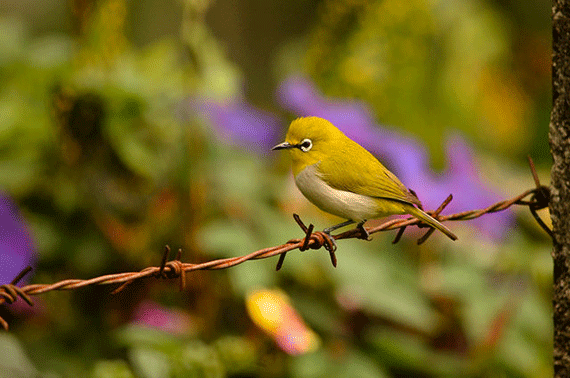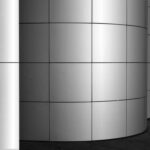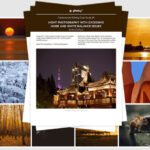One of the most popular aspects of animal photography is bird photography. Taking perfect pictures of birds in the wild can be very challenging, but you can create many wonderful photo opportunities in your own backyard.

Photo by uditha wickramanayaka; ISO 800, f/5.6, 1/800-second exposure.
Setting up your Backyard Photo Shoots
The biggest challenge isn’t actually attracting birds to your yard. Once feeders are out and discovered, word will get around fast! The biggest challenge is getting the birds to perch where you want them. So before setting up your feeding stations and birdbaths, consider the locations carefully.
Choose locations that won’t make the birds easy prey for cats and other predators, and at the same time that will provide you with the opportunity to photograph them with nice backgrounds and good angles.
Do remember that if you set feeders out in the winter to consistently provide quality seed so your feathery subjects aren’t filling up on something like bread that won’t provide them with the energy needed to stay warm at night.
Birdbaths also provide good photo ops, and bird houses will help encourage birds to hang out in your yard.

Photo by Tambako The Jaguar; ISO 1600, f/4.0, 1/320-second exposure.
If your goal is to attract certain species of birds, check with The Audubon Society to see what types of seeds or plants (in the case of birds that won’t take their meals at feeders) are best. You can also find good tips at the National Wildlife Federation’s Gardening for Wildlife pages.
Don’t limit your photographs to the bird feeders and baths either. These will attract birds to your yard that will perch on tree limbs and fences nearby, so when you have your camera in hand, scout out these areas too.
Camera Settings for Bird Photography
Have you ever noticed that birds are in almost constant motion? When eating, their little heads are bobbing up and down, and when they are on the ground they are always looking this way and that for predators. The best setting for your bird photography will be a high shutter speed, so use Sports mode or set your shutter speed to at least 1/1000.

Photo by pdpolena; ISO 250, f/7.1, 1/1600-second exposure.
If you have an optical zoom on your compact digital or a telephoto lens on an SLR, this will make taking pictures a whole lot easier. An optical zoom of 6x, depending on the camera, can give you about the same magnification as a 200mm lens, meaning a photograph taken from about 10 feet away could look like a close up.
Some of the so called “bridge cameras” offer zooms from 10 to 20 feet, but not all produce quality results, so check around before purchasing. You may also need a tripod or other camera stabilizer when using the high range zooms, and as always, opt for optical.
Given a long enough lens, you can get some wonderful pictures of birds in flight or perched high up in trees too. Professional nature photographers often use a 600 lens to capture images with good detail of birds in flight or far away.
Telephoto lenses of this size are very expensive, but there is another way, brought to us from birders. It’s called digiscoping. With this method, you combine the birder’s spotting scope with a digital camera.
Blue skies are best for pictures of birds in flight. And the bluest sky of the day is often that hour after dawn. Also, look for patterns when you may have flocks of birds that fly over your yard at certain times of day. Or, if you want to photograph birds of prey, such as osprey, go to a lake or river early in the evening when they fish. This is also a good time for soft, even, and warm lighting.

Photo by Chris W.; ISO 100, f/5.6, 1/200-second exposure.
Hopefully by using these tips, you’ll not only attract more birds to your yard for more bird photo opportunities but capture some fantastic pictures that you’ll be proud to display.
About the Author:
Autumn Lockwood is a writer for Your Picture Frames and loves taking pictures. Your Picture Frames makes it easy for you to find just the perfect frame for your photo or artwork.
Like This Article?
Don't Miss The Next One!
Join over 100,000 photographers of all experience levels who receive our free photography tips and articles to stay current:





You must have meant 1/2500 not 1/250. You certainly can not stop a hummingbird as in you article at that slow of a shutter speed. For sing birds 1/4000 is best in flight if you have the light or 1/1000 to blur the wings while panning. For larger birds in flight 1/1250 is good for Eagles/raptors etc.